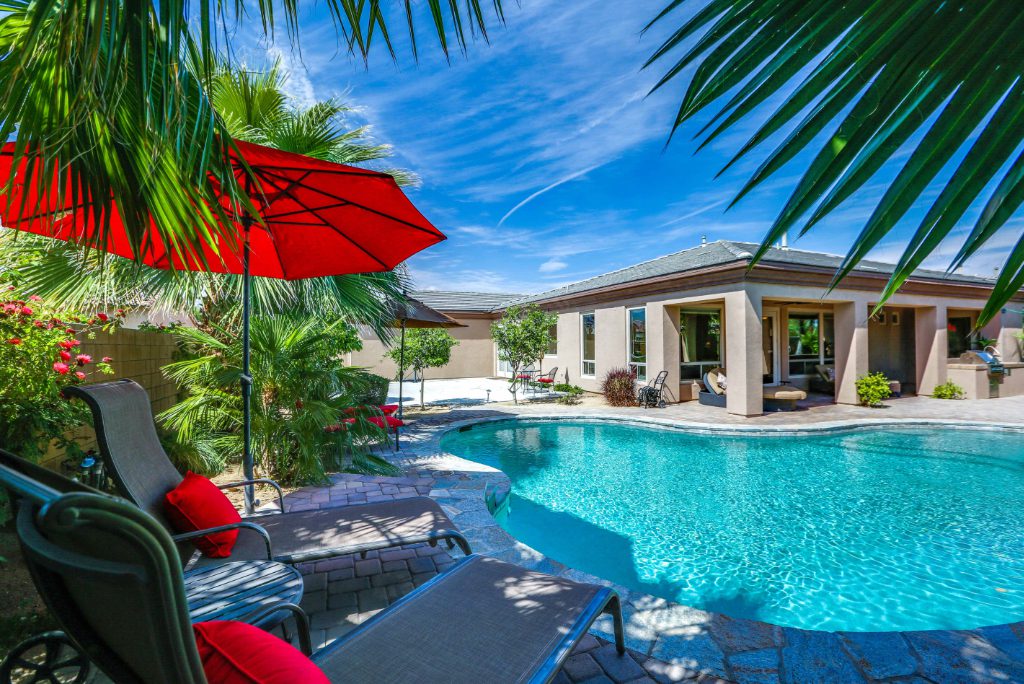Vacasa to Buy TurnKey in Ongoing Rollup Led by Private Equity

Skift Take
This deal cements Vacasa status as the largest full-service property manager for whole-home vacation rentals in the U.S. That makes it a rare pure-play bet on alternative accommodations for its private equity backers, which have prompted Vacasa to consolidate more of the sector.
Vacasa, an online vacation rental company backed by private equity, has signed a deal to acquire smaller rival TurnKey Vacation Rentals, which professionally manages more than 6,000 properties in the U.S.
Vacasa, based in Portland, Oregon, didn't disclose the terms of its deal to buy Austin-based TurnKey except to say that it's a mix of equity and cash.
TurnKey had disclosed raising more than $120 million in venture capital funding from investors like Altos, Adams Street Partners, and Silverton Partners.
The pandemic temporarily hurt TurnKey, leading it to receive millions in small business aid from the U.S. government. Yet the brand roared back in the second half of 2020 thanks to a surge in vacation rental bookings. The sale to Vacasa thus appeared to be a soft landing for Vacasa's investors.
"Together, we feel we can further elevate the service, experience, and hospitality that homeowners and guests have come to expect from our companies," said T.J. Clark, co-founder and president of TurnKey.
Vacasa's acquisition of a smaller rival lets it plug some gaps in i

